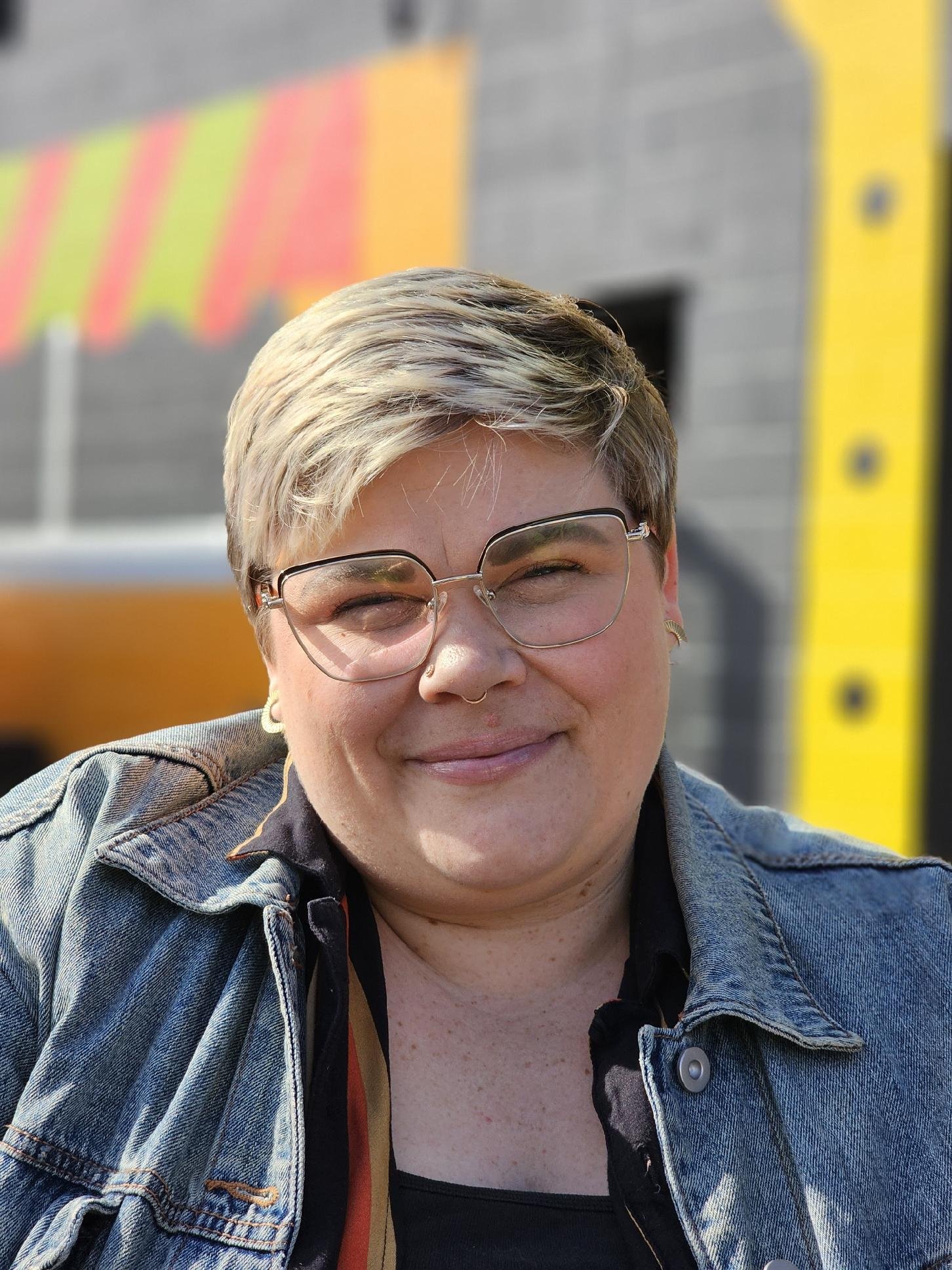Melissa Albaugh Garcia, LMFT
About
Pronouns: She/They
Occupation and Specialty: Mental Health Therapist
Location (Clinic/hospital): Lux Wellness
Location (City): My office is in St. Paul, I can also serve anyone in Minnesota virtually
Offers Telehealth: Yes
Contact Information: https://www.luxwellnessmn.com/
Bio: I am a relational therapist. I strongly believe that we heal in safe and healthy relationships with others. Therefore, I work hard to build relationships with each of my clients. I am strengths-based, person-centered, and trauma and attachment-informed.
I enjoy exploring the stories that contribute to how we see ourselves. I’m curious about the ways that social norms and expectations impact how we move through the world, and I enjoy supporting folks as they reimagine parts of themselves outside of the boxes that have been created for us. I strive to create a space where individuals can show up as their authentic self and where all parts of their identity (including racial, cultural, faith/spirituality, gender, and sexuality) are honored and welcomed. I work hard to create a space that is Fat positive, Queer and Trans affirming, and Culturally responsive.
In my experiences, I have worked with folks with disordered eating, body-image struggles, gender exploration, exploration of relationships/consent/boundaries, anxiety/depression, navigating neurodivergence and disability, infant mental health, and grief and death work.
Approach to care
What does it look like for you to provide care to patients in larger bodies? How is, or isn’t, your approach different from how you care for patients in smaller bodies? If you work with children, how is or isn’t your approach different when working with children?
In my work I hold a Fat positive lens to body image work, while also recognizing that is not where everyone is at when they come to my office. I offer space to those who are struggling with loving (or even feeling neutral towards) their bodies, and we explore the oppressive systems that have contributed to the ways our bodies are viewed and treated.
What is your perspective on how weight is or is not related to health?
I think that people can be healthy at any size. I also think that as a society we place a lot of morality on someone being "healthy" which often comes from a place of ableism, white supremacy and classism. There are a million ways to be healthy, and I want to know what my client's idea of health is in their lives and how accessible those things are to them. When we place focus on weight as our indicator of health we miss out on so much. For example health might look like; attending therapy, receiving gender affirming care, safe housing, resting, joyful movement, having caring community, food accessibility.
Finish this sentence: “Fat people are…”
people who deserve equitable and fair treatment in this world.
How do you, your clinic, and the healthcare system you work in use BMI (i.e BMI cutoffs for accessing certain services, BMI on charts and printouts, etc)? Is this flexible?
We do not use BMI in our work with clients.
If a patient declines to be weighed, how do you and/or your staff proceed?
N/A
If a patient declines to discuss weight loss, nutrition, and/or exercise, how do you proceed?
I never prescribe weight loss, but consent is an important part of my work with clients. If a client declines talking about anything in my therapy space, that is welcome. I am always proud when my clients express a boundary!
What does the physical accessibility of your office space look like? What kinds of accommodations are present for people in larger bodies? Are there things you wish were in place that are currently not?
We are on the third floor of an office building. There is elevator access to our suite. We have furniture that was made for folks in larger bodies. I also offer telehealth therapy for folks that feel more comfortable in their homes, or want to mitigate COVID risks.
What do you do to allow fat people to feel comfortable and welcome in your office?
I build relationships with my clients. It is the most important part of my work. We aren't going to want to tell our hardest stuff to someone we don't have a relationship with. Exploring our relationship to food and our bodies is incredibly vulnerable work that often comes with some shame from holding societal messaging throughout our lives. I want my clients to feel safe doing that work. I name fatphobia, along with other oppressive systems, in my work.
If you’d like to use this space to talk about any identities (gender, race, size, sexuality, etc.) you hold and how this relates to your care, please do so.
I am a white, queer, fat person. My identities impact the lens through which I walk through the world. Sometimes I share identities with my clients and sometimes I have different identities than my clients. I think it is important to pay attention to how all of those things impact the therapeutic relationship and the work that we are doing in the therapy space.

